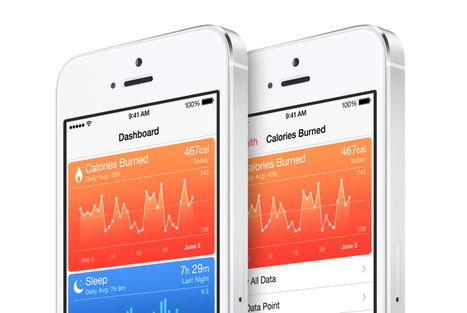
|
Rescooped by Lionel Reichardt / le Pharmageek from Digital Pharma news |
Get Started for FREE
Sign up with Facebook Sign up with X
I don't have a Facebook or a X account
 Your new post is loading... Your new post is loading...
 Your new post is loading... Your new post is loading...
No comment yet.
Sign up to comment
|

Pharma Guy's curator insight,
April 16, 2016 6:59 AM
Related: "An Analysis of Genentech's 4HER Mobile Health App Privacy Policy"; http://bit.ly/4HERapp and "mHealth App Developers Ask for HIPAA Clarity"; http://bit.ly/mAppHIPAA I used this tool thinking of a few pharma mHealth apps I have seen. To see the results of that exercise, click here: http://bit.ly/mHealthAppQandA

rob halkes's curator insight,
January 16, 2014 5:33 AM
Well, I agree very much with David about the potential and the benefits of using mobile technology in trial studies. Yet, I think that the very patients are entitled to not just that. I know of cases in which patients have been supported and guided on an intensive schedule to their participation in the trial. But, alas, when the trial was over, so the support and guidance disappeared. Why not continue this in the very support at therapy? My take is that both FDA and EMA should take steps to guarantee that services rendered during trials should be continued, by the participating institutes and business of care and research to the services for the participating patients. Isn't that self evident? Please endorse this, by your comments!
|












